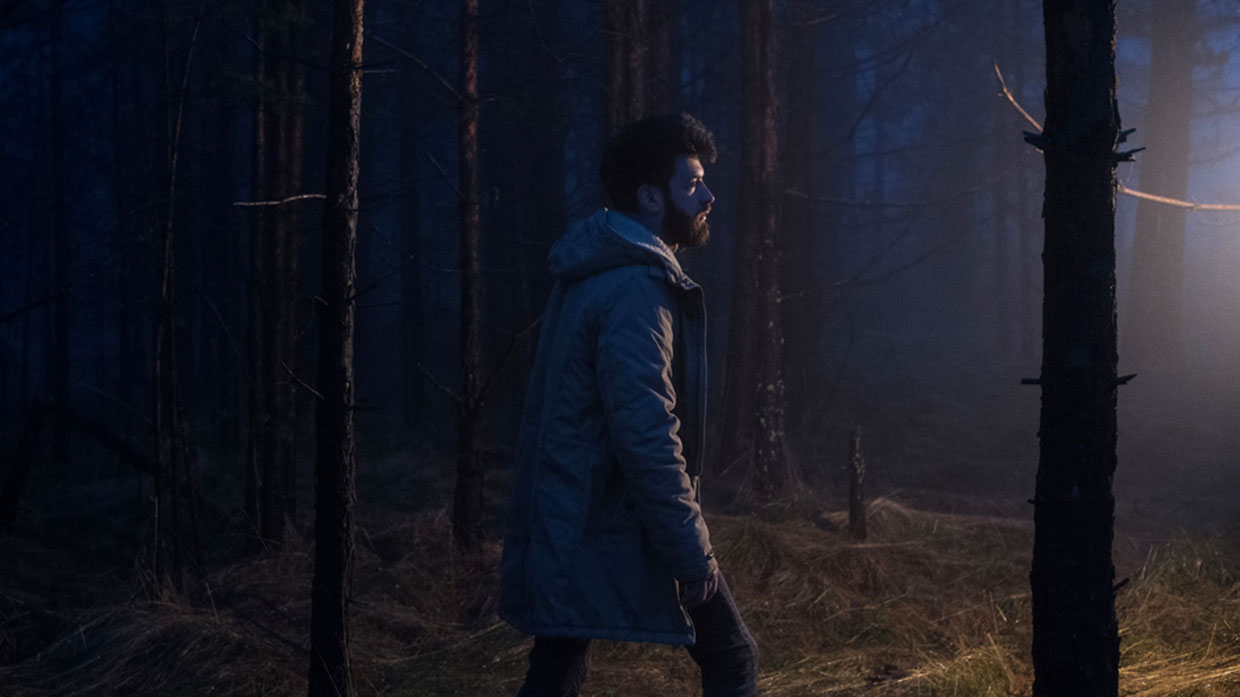As a pastor and therapist, I often encounter people whose lives have been invaded by despair. Often they approach me, not quite sure what's going on. "Maybe I'm going crazy. Or perhaps I'm just depressed. Can you help?" Here are three ways I’ve found to understand these “dark nights of the soul.”
Dark nights provoke deep questions
These seasons of confusion can be a scary experience, for laypeople and pastors alike. The fifteenth-century Christian writer John of the Cross described this experience; he called it la noche oscura, or dark night, that difficult invasion of God's astringent grace that opens us to new realms of spiritual experience. However, it's easy to miss this moment of grace, especially if we fail to ask deeper questions about what God might be up to.
Consider this scenario: a 38-year-old pastor called me for advice. His church wasn't growing. His prayer lacked passion. His preaching seemed to fall on deaf ears. Previously helpful spiritual practices no longer delivered. And growing temptations to look at pornography or lose himself in Fantasy Football were worrying him and his wife. Feeling helpless and depressed, he wondered if he'd hit a ministry wall. I told him that I sensed an extraordinary moment of grace and growth. As I often do, I told him that he needed to talk to a psychologist to evaluate therapeutic issues and possibly the need for medication.
His story, and countless others like it, raises tough questions about how we should view the dark night. Is there a difference between depression and the dark night? What practical steps can we take to move through it and grow spiritually and emotionally?
Dark nights are both spiritual and psychological
St. John of the Cross and St. Teresa of Avila envisioned the dark night as a time of spiritual purging and illumination, but they also understood that psychological dynamics are often at play in a dark night experience. Though they lacked modern categories and definitions, they were some of the most adept psychological minds of their day. St. John taught that melancholia, or depression, would often accompany the dark night. For him, it wasn't an either/or, but more often a both/and. The spiritual and psychological are interconnected.
Unfortunately, we've failed to learn this valuable lesson. Often psychologists see depression merely as a neurochemical problem that needs to be fixed. And too often pastors spiritualize psychological maladies that may require further expertise. On the other side, I find that many therapists (Christian therapists included) have little insight into employing spiritual disciplines, or challenging clients to avail themselves of the spiritual benefits of worship, the liturgy, and the sacraments. This divide would have been completely foreign to St. Teresa or St. John.
Dark nights provide opportunities for growth
One lesson we can learn from the ancient mystics is that dark nights are not problems, but opportunities. Grasping this reality moves us beyond "How do we fix this?" to "What might I learn in this?"
In our North American context, failure and struggle are often viewed as problems, jagged detours on what is supposed to be the smooth, straight road of life. It's a distinctly Western phenomenon, but one that subtly impacts our Christian perceptions. Thus, many pastors feel as if depression, doubt, or distance from God amount to obstacles to ministry, rather than opportunities for it.
When the young pastor I mentioned above called me, he was worried for himself, for his family, and for a congregation that expected him to be "on" each week. As I listened, it was clear that he could benefit from some therapy. He had never explored his family of origin before, and a few questions showed that his father’s high expectations manifested in self-criticism and a fear of failure.
That's why I advised him to see a therapist. But was his issue simply a family-of-origin problem?
St. John of the Cross would say no, and I'd agree. Most psychological issues parallel real spiritual issues. What we call difficulty or failure, or even a "psychological issue," can occasion moments of spiritual awakening. I suspect St. John would see this pastor's difficulty with prayer, his lack of passion, and even his pull toward lust as signs of the dark night. The purpose of the dark night, of course, is to strip us of our futile attempts to find God on our own terms and awaken us to a much simpler desire for intimacy with God. I find in my work that this is exactly what people want. Time and again, pastors tell me that they'd just like to know God, more purely, more simply, more deeply.
The great nineteenth century preacher Charles Spurgeon suffered from acute depression. Often he was bedridden and unable to preach, sometimes as much as twice a month. Nowadays, we may have little compassion for a pastor who battled such frequent and debilitating bouts of depression. However, Jesus invites the "weary and heavy laden" to find rest in him. That goes for pastors, too.
Today, these emotional struggles find psychological validation, and we ought to avail ourselves of therapy, exercise, support groups, and medication when we need it. There is no shame in finding help in any of these things.
But also consider this moment to be an opportunity to see what Jesus may be up to in your life, or in the lives of those you counsel. What you might find is that you're being invited into the glorious purging of the dark night, where the old self and its old loves are shed and replaced by a new and deeper love for Jesus, for others, and even for you—a beloved son or daughter of a heavenly Father who longs to see you whole.
Chuck DeGroat teaches pastoral care and counseling at Western Theological Seminary in Holland, Michigan. Reprinted by permission from The Ministry Essentials Bible (Hendrickson, 2014).
Copyright © 2015 by the author or Christianity Today/Leadership Journal. Click here for reprint information on Leadership Journal.









